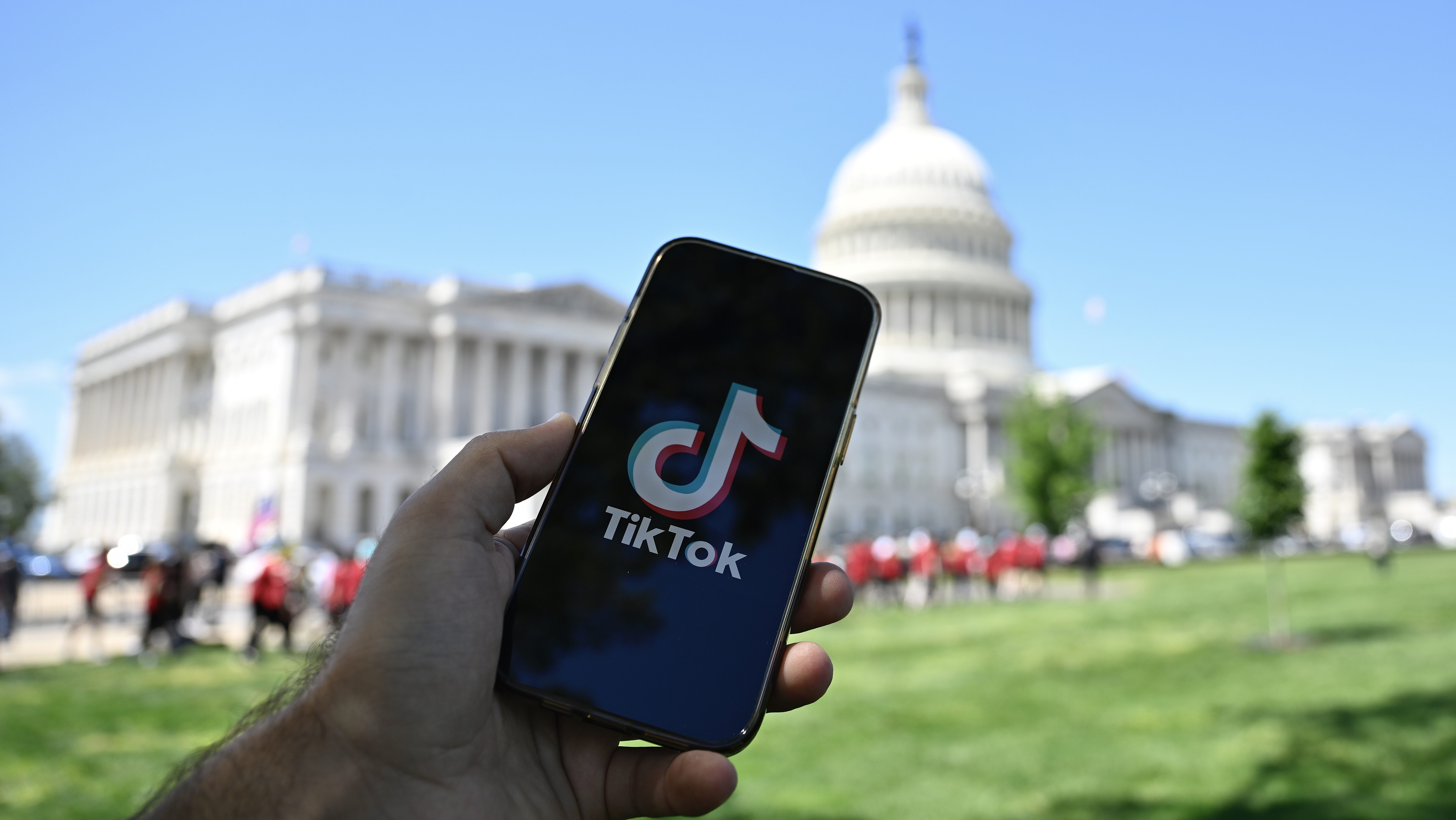
The Supreme Court said Friday it will no longer stand in the way of a long-blocked Biden administration policy to prioritize the deportation of immigrants who are deemed to pose the greatest public safety risk or were picked up at the border.
In an 8-1 decision, the justices rejected a challenge from two Republican state attorneys general to a policy that, the administration said, recognizes that there is not enough money or manpower to deport all 11 million or so people who are in the United States illegally.
The two states, Louisiana and Texas, had argued that federal immigration law requires authorities to detain and deport even those who pose little or no risk.
Justice Brett Kavanaugh, who wrote the majority opinion, called the lawsuit brought by Texas and Louisiana "extraordinarily unusual."
Get DFW local news, weather forecasts and entertainment stories to your inbox. Sign up for NBC DFW newsletters.
"They want a federal court to order the Executive Branch to alter its arrest policies so as to make more arrests," Kavanaugh wrote. "Federal courts have not traditionally entertained that kind of lawsuit; indeed, the States cite no precedent for a lawsuit like this.”
At the center of the case is a September 2021 directive from the Department of Homeland Security that paused deportations unless individuals had committed acts of terrorism, espionage or “egregious threats to public safety.” The guidance, issued after Joe Biden became president, updated a Trump-era policy that removed people in the country illegally regardless of criminal history or community ties.
U.S. & World
During November's arguments in the case, solicitor General Elizabeth Prelogar said it would be “incredibly destabilizing on the ground” for the high court to require that. Congress has not given DHS enough money to vastly increase the number of people it holds and deports, the Biden administration has said.
But Texas Solicitor General Judd Stone told the court the administration is violating federal law that requires the detention and deportation of people who are in the U.S. illegally and who have been convicted of any serious crime, not just the most serious, specifically defined ones.
Federal appeals courts had reached conflicting decisions over DHS guidance.
The federal appeals court in Cincinnati earlier overturned a district judge’s order that put the policy on hold in a lawsuit filed by Arizona, Ohio and Montana.
But in the separate suit filed by Texas and Louisiana, a federal judge in Texas ordered a nationwide halt to the guidance and a federal appellate panel in New Orleans declined to step in.
In July, the court voted 5-4 to leave the immigration policy frozen nationwide. Conservative Justice Amy Coney Barrett joined the court’s three liberals in saying they would have allowed the Biden administration to put in place the guidance. At the same time, the court agreed to hear arguments in the case in late November.
The case is U.S. v. Texas, 22-58.



